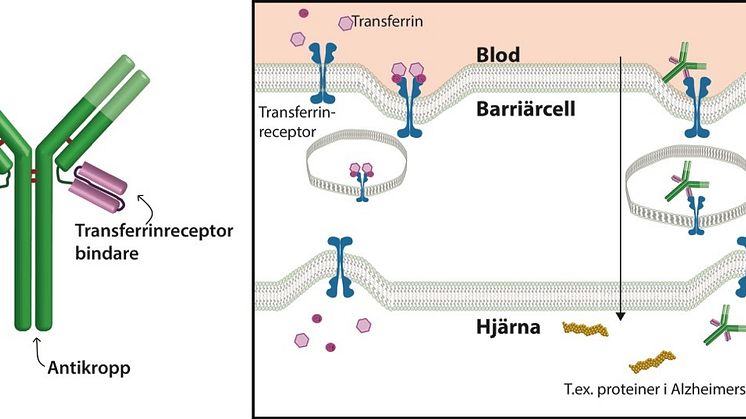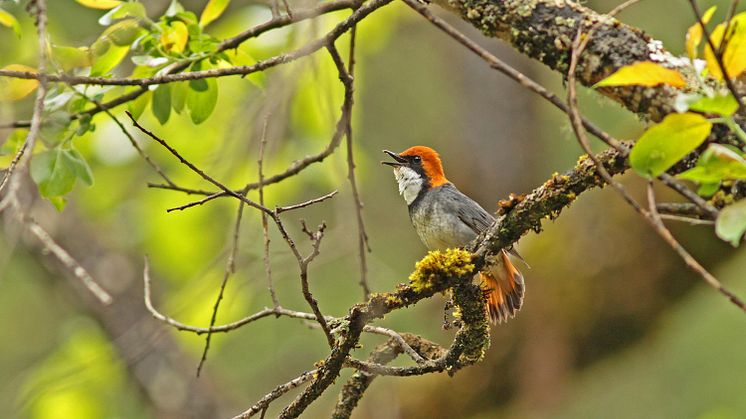New research study creates new opportunities for treating brain diseases
Immunotherapy has proven to be effective against many serious diseases. But to treat diseases in the brain, the antibodies must first get past the obstacle of the blood-brain barrier. In a new study, a research group at Uppsala University describes their development of a new antibody design that increases brain uptake of antibodies almost 100-fold.




